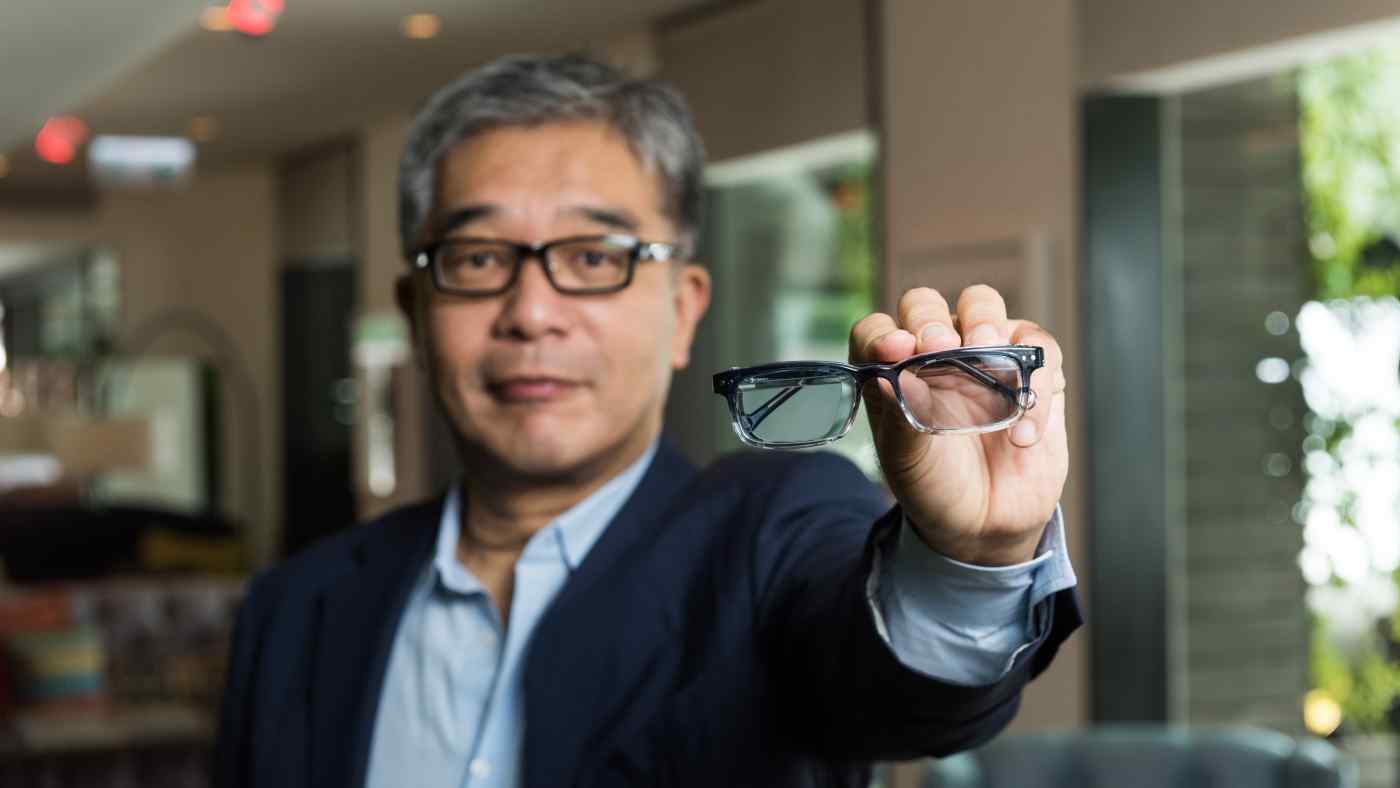Wahum Chairman Chen brings business eye to philanthropy
29 December 2016
Head of Hong Kong manufacturer wants a better vision for developing world
SINGAPORE James Chen credits his unorthodox approach to philanthropy to his late father, Robert Yet-Sen Chen, who gave heavily to educational causes in Hong Kong and China.
“When he did his philanthropy, it was not just about writing the checks,” Chen told the Nikkei Asian Review. “He very much cared about what it was that he was funding.”
Chen is the third-generation chairman of Wahum Group Holdings, a family-run manufacturing business based in Hong Kong. After taking over the business, he created an office to invest the family’s wealth, Legacy Advisors, and a charitable vehicle, the Chen Yet-Sen Family Foundation.
CLEAR GOALS Instead of just handing out money, Chen’s model of giving integrates lessons from the business world. Dubbed “venture philanthropy,” it is an approach popularized in the West by Microsoft founder Bill Gates. As a new generation of wealthy Asian business people consider how to give back to their societies, Chen hopes his example can help them to think beyond the traditional forms of philanthropy.
Chen said philanthropy in East Asia has long been driven by Confucian philosophy, which mandates a strict hierarchy within societies. That paradigm puts the burden of social change on governments, but Europe’s Industrial Revolution and the growth of the U.S. show the power of private action.
This privately funded social change is seen in the approach championed by the Bill & Melinda Gates Foundation, which invests like a private company, focusing on narrow goals such as malaria research or climate-resilient agriculture. The foundation takes risks that traditional development finance might not, investing in technology and entrepreneurial organizations. In return, it expects clear results.
It is this businesslike focus on clear objectives and good metrics that makes venture philanthropy a powerful tool. “If you get good at what you do, it’s by becoming very focused in a niche detail,” Chen said.
For Chen, that niche has been vision. In 2005, he co-founded a private company that makes eyeglass lenses called Adlens. One of the company’s projects was an effort to diagnose and treat people with poor vision in Rwanda. The project was later handed over to Vision for a Nation, a nonprofit offshoot of Adlens. It is working on a comprehensive system to diagnose and treat poor vision.
In 2016, he launched a new organization called Clearly that brings together inventors, health professionals and entrepreneurs to combat eye disease and related vision problems. Chen also made more than $200,000 available in prizes to startups whose technologies or business models could help meet the challenge.
Chen, who will only confirm that he has given “a seven-figure sum” to Clearly, said the ideas, businesses and technologies that it will support must be “scalable” — a recognition that his resources, while considerable, are not limitless. Proving a concept or seed-funding a technology that will go on to attract other sources of finance, or even have a commercial application, can lead to an initial donation being multiplied many times over.
Chen needs to bring his peers with him to solve Asia’s social challenges, because he has limited “bandwidth.” Elderly care in Hong Kong, where an aging society is putting strains on welfare, is an area he is targeting to rally the region’s small but growing philanthropic community.
“I think no society can afford to not keep up with the pace of change. The only actors who really have the resources and the training to deal with change are [businesspeople],” he said. “I definitely think there is a potential for change, in the younger generations. … I think what’s been lacking has been a framework that helps people to understand it intellectually and how to … build the bridge to the traditional values around giving.”

